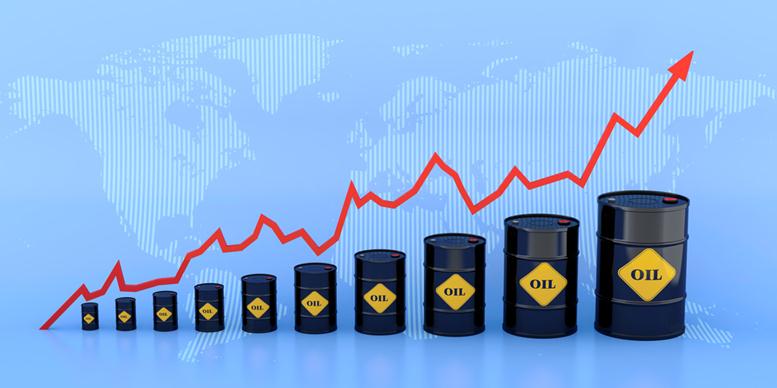On Monday, Iraqi forces entered the oil-rich city of Kirkuk while oil prices went up 1%. The operation, which was launched on Sunday, was set to take territory from the Kurdish fighters fighting for independence in Iraq’s northern region of Kurdistan.
Due to security concerns, Kurdistan briefly shut down major oil fields in Bai Hassan and Avana that normally produce 350,000 barrels per day.
Fighting between the Iraqi forces and the Kurdish Regional Government has intensified after the KRG voted for independence in a referendum on September 25th. The government stated that its troops had taken control of Iraq’s North Oil Co and had resumed production. The KRG, for their part, stated that the oil would continue to flow through the export pipeline, without any interference from them.
However, the events have still unsettled the market. The region produces roughly 600,000 barrels of oil per day. Turkey, who fears similar action from its Kurdish minority, has expressed support for the Iraqi government, even shutting off a KRG operated pipeline that goes to the Turkish port of Ceyhan on request from the Iraqi government.
Anthony Headrick, energy market analyst at CHS Hedging LLC, said, “We’re seeing increased geopolitical tension in the Middle East providing support in the market today, namely in Iraqi Kurdistan, and some uncertainty around Iran.”
The conflict in Kurdistan is not the only news to drive up oil prices recently. Donald Trump has recently refused to certify that Tehran was in compliance with the accord, despite international inspectors confirming that they had. The news brought on fears of possible sanctions against Iran.
Trump’s failure to certify the conditions has pushed the matter to Congress, who now has 60 days to decide whether to re-impose economic sanctions or not. During the previous sanctions, approximately 1 million barrels of Iranian oil was cut off per day. Renewed sanctions would be unlikely to curtail that level of exports, according to experts, however, they also warned that it could still be disruptive.
Oil consumption has continued to rise recently, with China expected to grow 7% alone in the second half. This news dispelled widespread assumption that a slowdown was imminent for China. According to sources, China now plans to buy up to 5% of Saudi Aramco, which would give Saudi Arabia more flexibility as it plans to make a move into the stock market.
At 11:00 a.m., Brent crude futures were up 62 cents at $57.78 per barrel. U.S. West Texas Intermediate crude was up 36 cents at $51.81 per barrel.
Featured Image: depositphotos/vasabii777










